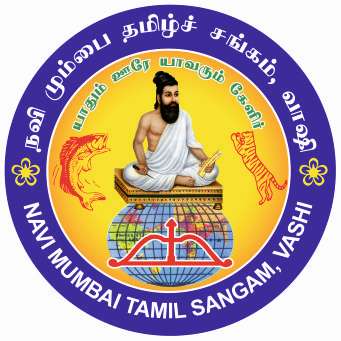by Sowmya Anand
“Dream is not that which you see while sleeping it is something that does not let you sleep.”
Dr. APJ abdul Kalam is popularly known as the Missile Man of India and People’s President. He was born on 15th of October in 1931 at Rameshwaram.
His ancestors had been wealthy traders and landowners, ferrying the pilgrims from mainland to the Pamban Island. So, their family got the title “Mara Kalam Iyakkivar” (wooden boat steerers).
His family had lost most of its fortune;To help the family, Kalam started selling newspapers at an early age.
He pursued his education from ‘Schwartz Higher Secondary School,’ and then from ‘Saint Joseph’s College, Tiruchirappalli.
After graduating from Madras Institute of Technology in 1960, Kalam joined the Defence Research and Development Organisation as a scientist , started his career by designing a small hovercraft.In 1969, Kalam was transferred to the Indian Space Research Organisation (ISRO) where he was the project director of India’s first Satellite Launch Vehicle (SLV-III).
“Don’t take rest after your first victory because if you fail in second, more lips are waiting to say that your first victory was just luck.”
He worked at various chief positions at ISRO and DRDO then became a Principal Scientific Adviser to the Government Of India as a Cabinet Minister.
Kalam played a vital role in developing many missiles under the mission including Agni, and Prithvi. The Pokhran-II nuclear tests were conducted , Kalam served as the Chief Project Coordinator, during the testing phase.
Cardiologist Soma Raju, with Kalam developed a low cost coronary stent, named the “Kalam-Raju Stent”. They also designed a tablet computer for health care in villages which was named the “Kalam-Raju Tablet.
He was a great scientist who also served the country as the 11th President of India from 2002 to 2007.
After completing his term of presidency, he returned to civilian life of writing, education, and public service. Abdul Kalam became a visiting professor at the Indian Institute of Management. He enjoyed playing the veena, listening to music and writing Tamil poetry.
“If you want to shine like a sun, first burn like a sun”.
He authored and co-authored a number of instructional and inspirational books, including ‘India 2020: A Vision for the New Millennium,’ ‘Wings of Fire,’ ‘The Luminous Sparks: A Biography in Verse and Colours,’ ‘Mission of India: A Vision of Indian Youth,’ ‘You Are Born To Blossom,’ ‘Ignited Minds: Unleashing the Power within India,’ ‘Guiding Souls,’ etc..
He has been honoured with the honorary doctorates and as well as three highest civilian awards of the country (Padma Bhushan ,Padma Vibhushan and Bharat Ratna ).
He was a great personality and inspiration to the youngsters of the country who took his last breath at IIM, Meghalaya on 27th of July in 2015 because of the sudden cardiac arrest. He is not present among us physically however his great work and contributions would be with us forever.
Also, Dr. Kalam’s 79th birthday was recognised as World Student’s Day by the United Nations.
Following his death, he received several tributes like the Tamil Nadu State Government on 15 October that , his birthday announced to observe across the state as “Youth Renaissance Day”.
Further the State Government instituted the Dr. A.P.J Abdul Kalam Award constituting an 8 gm gold medal, a certificate and Rs. 500,000.
Every Independence Day, the award will be awarded to the residents of the state with the achievements in promoting scientific growth, the humanities or the welfare of students.
He has mentioned his dream of making India a developed country in his book “India 2020-A vision for the New Millennium”.
“My 2020 Vision for India is to transform it into a developed nation. That cannot be abstract; it is a lifeline.”
